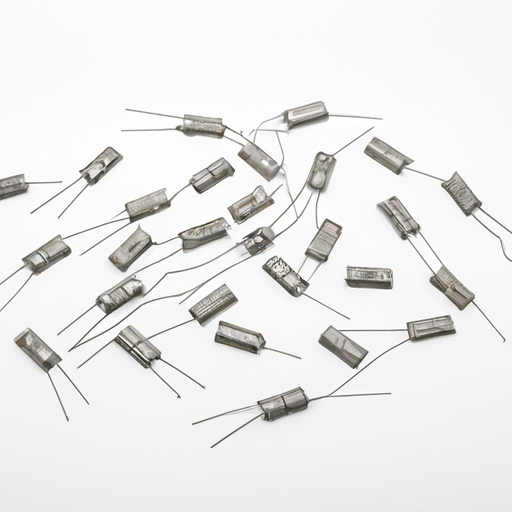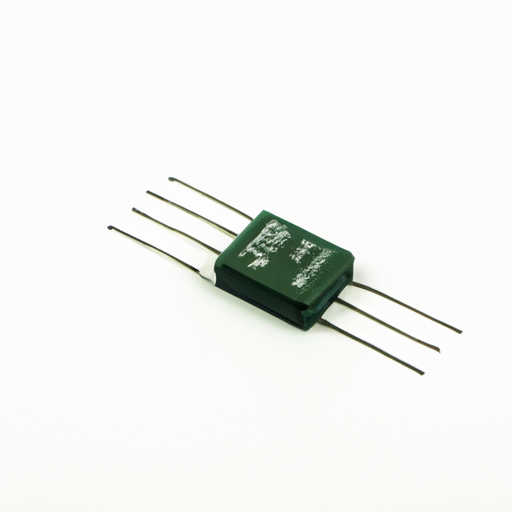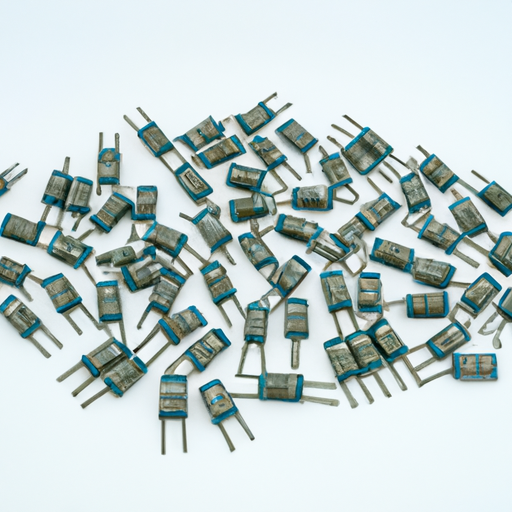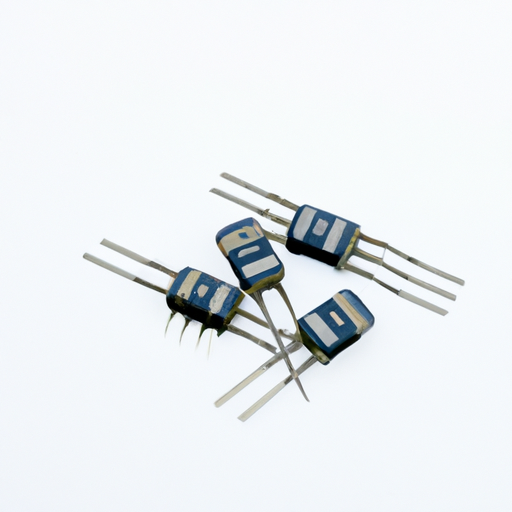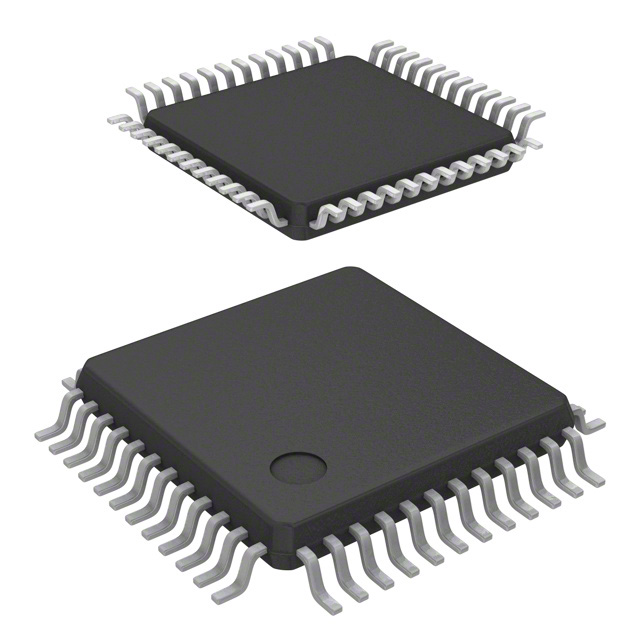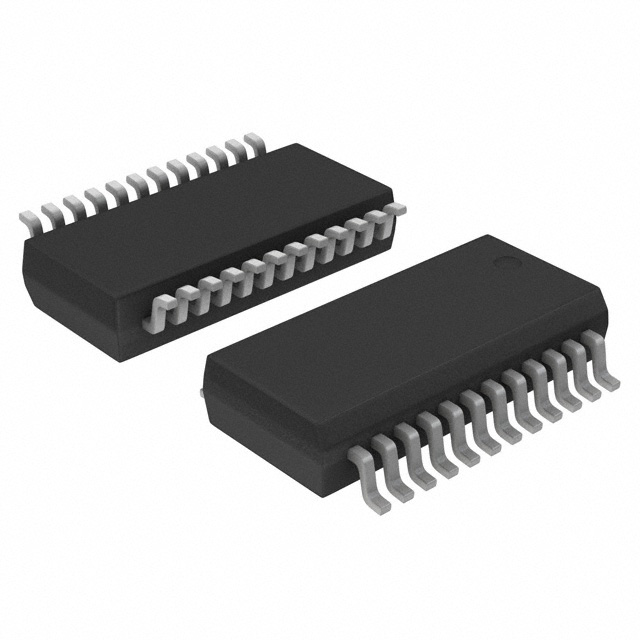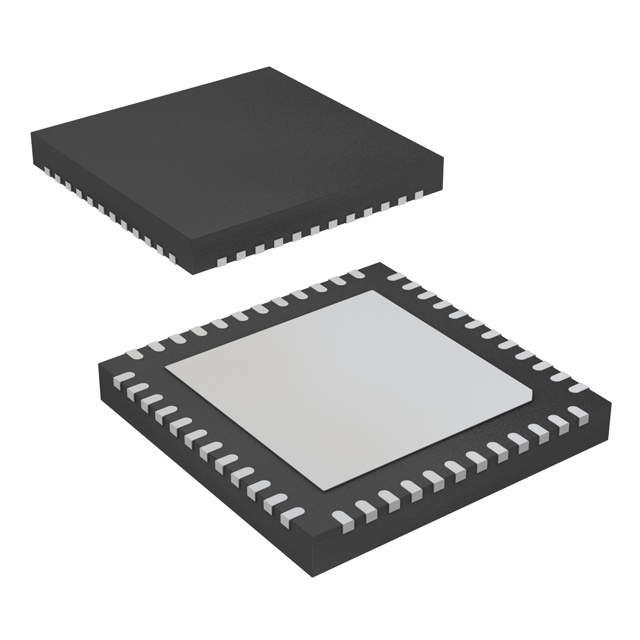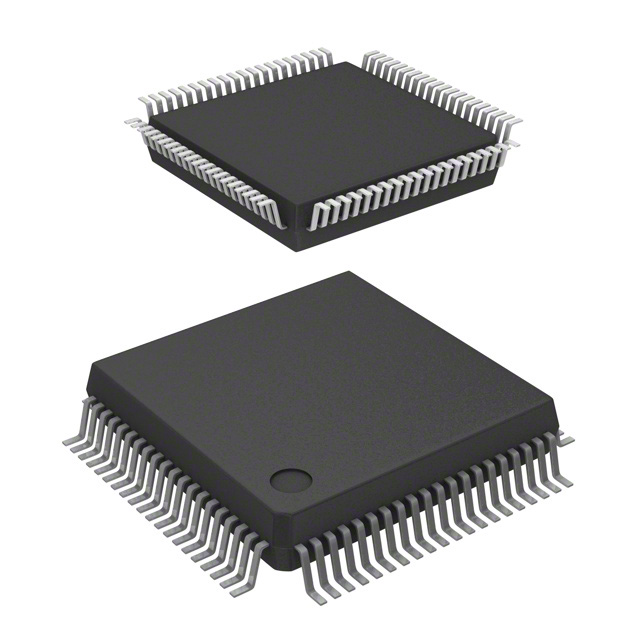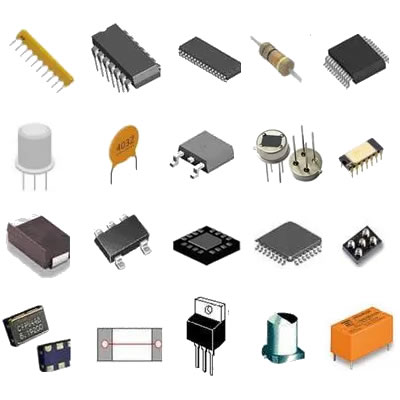CFR-50JB-52-12R Resistors highlighting the core functional technology articles and application development cases of Resistors that are effective.
Core Functional Technologies of Resistors
1. Current Limiting: Resistors are essential for controlling the flow of current in electronic circuits. For instance, in LED applications, a resistor like the CFR-50JB-52-12R can be used to limit the current to safe levels, preventing damage to the LED and ensuring longevity.
2. Voltage Division: Resistors can be arranged in series to create voltage dividers, which are crucial for applications requiring specific voltage levels. This is particularly important in sensor circuits where precise voltage levels are needed for accurate readings.
3. Biasing: In transistor circuits, resistors set the biasing conditions, which are critical for the proper operation of transistors. This ensures that transistors function in the desired region, whether it be cut-off, active, or saturation.
4. Pull-up and Pull-down Resistors: These resistors are used in digital circuits to maintain defined logic levels at inputs when they are not actively driven. This is vital for preventing floating inputs that can lead to unpredictable behavior in logic circuits.
5. Feedback and Gain Control: In operational amplifier circuits, resistors are integral to feedback loops, controlling gain and ensuring stability. This is essential in applications such as audio processing and signal amplification.
6. Filtering: Resistors, when combined with capacitors and inductors, form filters that can selectively pass or block certain frequency ranges. This is particularly useful in audio applications and RF circuits to eliminate unwanted noise.
Application Development Cases
1. Consumer Electronics: In smartphones and tablets, resistors like the CFR-50JB-52-12R are used in power management circuits to limit current and manage heat dissipation, contributing to efficient operation and battery life.
2. Automotive Applications: Resistors are vital in automotive electronics for interfacing with sensors, such as temperature and pressure sensors. They help in signal conditioning, ensuring accurate readings and reliable performance in critical systems.
3. Industrial Automation: In PLC systems, resistors are used for input/output interfacing, ensuring that signals are correctly interpreted by control systems. This is crucial for maintaining operational efficiency in industrial environments.
4. Medical Devices: Precision resistors are employed in medical instrumentation for accurate signal processing. For example, in ECG or EEG devices, resistors ensure that physiological signals are measured accurately, which is essential for patient monitoring.
5. Telecommunications: In communication devices, resistors are used for impedance matching and maintaining signal integrity. They help minimize reflections and ensure effective signal transmission over long distances, which is critical for reliable communication.
6. Power Supply Design: Resistors play a key role in power supply circuits for load balancing and stability. They help manage output voltage and current, ensuring that connected devices receive the correct power levels, which is essential for reliable operation.
Conclusion
The CFR-50JB-52-12R resistor exemplifies the critical role that resistors play in modern electronics. Their functions in current limiting, voltage division, and signal conditioning are indispensable across various applications. By understanding the core functional technologies and application development cases of resistors, engineers can design more efficient and reliable circuits, enhancing performance across multiple industries. Resistors remain foundational components that enable the functionality and reliability of electronic devices in our daily lives.


